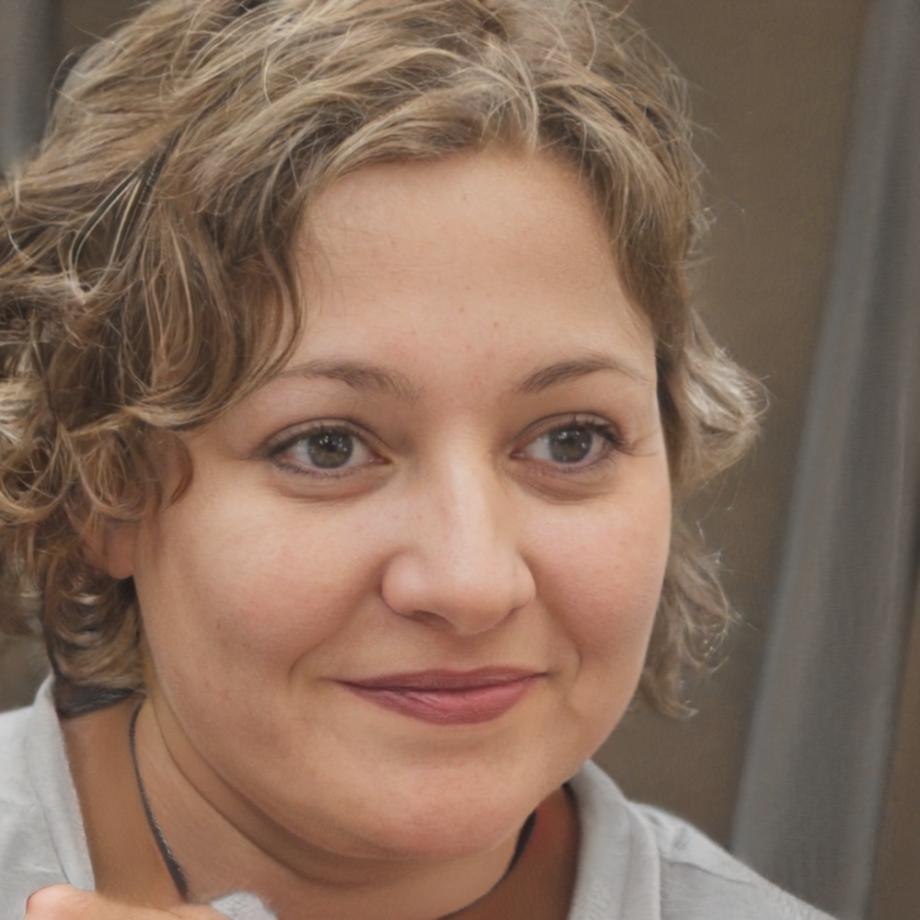Build Your Financial Confidence
Our structured learning program walks you through essential money skills at your own pace. Whether you're starting from scratch or filling knowledge gaps, you'll gain practical understanding that actually sticks.
Get Started TodaySelf-Paced Learning
Life doesn't pause for education. You'll access modules when it suits your schedule, moving through content as quickly or slowly as you need.
Real Scenarios
We skip the textbook theory. Instead, you'll work through situations based on what everyday Australians actually face with their finances.
Ongoing Support
Questions pop up between lessons. Our mentors respond to queries within 48 hours, helping you work through confusing bits as they come up.

How We Teach Differently
Most financial courses throw information at you and hope something sticks. We've found that doesn't work. People remember what they actually do, not what they read about doing.
Our modules include exercises you complete with your own money situation. You're not learning about someone else's budget — you're building yours. Not calculating theoretical investment returns — you're looking at your actual options.
- Interactive worksheets you complete with your real financial data
- Video explanations that show concepts visually, not just verbally
- Practice calculators that let you test different scenarios safely
- Monthly group sessions where participants share what's working
The program runs over six months starting October 2025, but most participants stay connected with our community well beyond that.
Who You'll Learn From
Our instruction team brings varied backgrounds in financial education, personal experience with money challenges, and genuine interest in helping others develop confidence.

Isadora Beckett
Lead Educator
Spent a decade sorting out her own financial mess before helping others avoid similar mistakes. Specializes in debt reduction strategies.

Callum Driscoll
Investment Fundamentals
Former banking analyst who got tired of jargon. Now explains investment basics in language that doesn't require a finance degree.

Neve Whitmore
Budgeting Systems
Developed practical tracking methods while raising three kids on a single income. Teaches systems that work for busy people.
Your Learning Journey
Foundation Month
We start with where your money actually goes. You'll track spending for two weeks, then learn to categorize and analyze patterns you might not have noticed before.
October 2025 — Weeks 1-4
Debt Strategy Phase
If you're carrying debt, this module helps prioritize what to tackle first. We look at interest rates, minimum payments, and psychological wins that keep you motivated.
November 2025 — Weeks 5-8
Building Reserves
Emergency funds sound boring until you need one. This section covers how much to save, where to keep it, and how to actually stick with the habit.
December 2025 - January 2026 — Weeks 9-12
Investment Basics
Once you've got breathing room, we introduce simple investment concepts. Superannuation optimization, index funds, and understanding risk tolerance without the sales pitch.
February 2026 — Weeks 13-20
Long-Term Planning
The final module ties everything together. You'll create a realistic five-year financial roadmap based on your actual goals, not someone else's definition of success.
March 2026 — Weeks 21-24
